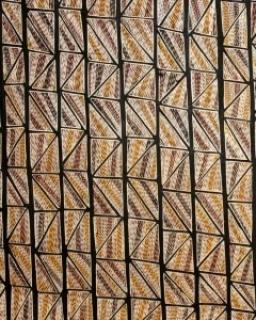
Abstract
Due to population proportion, Aboriginal people have the potential to exercise electoral power in Australia’s Northern Territory. Looking back from 2019, this paper explores the contribution of Aboriginal votes to Federal elections in the Northern Territory. It argues that Aboriginal votes have made the Territory stronger for Labor, compared to regional areas of Queensland and Western Australia. It also notes low enrolment and turnout figures in House of Representatives divisions with high proportions of Aboriginal population, which suggests potential Aboriginal electoral power that is as-yet unused.
Turnout and enrolment figures are related to developments in electoral administration since 1983, when enrolment was first made compulsory for Aboriginal Australians over 18, as for others. Whether compulsory enrolment and voting has yet been achieved by electoral administration in remote areas is discussed, as too is the limited use in these areas since 2012 of new digital-age provisions for direct enrolment without claim drawing on information from other government sources.
File attachments
| Attachment | Size |
|---|---|
| CAEPR_WP_132_2019_Sanders.pdf(1.13 MB) | 1.13 MB |